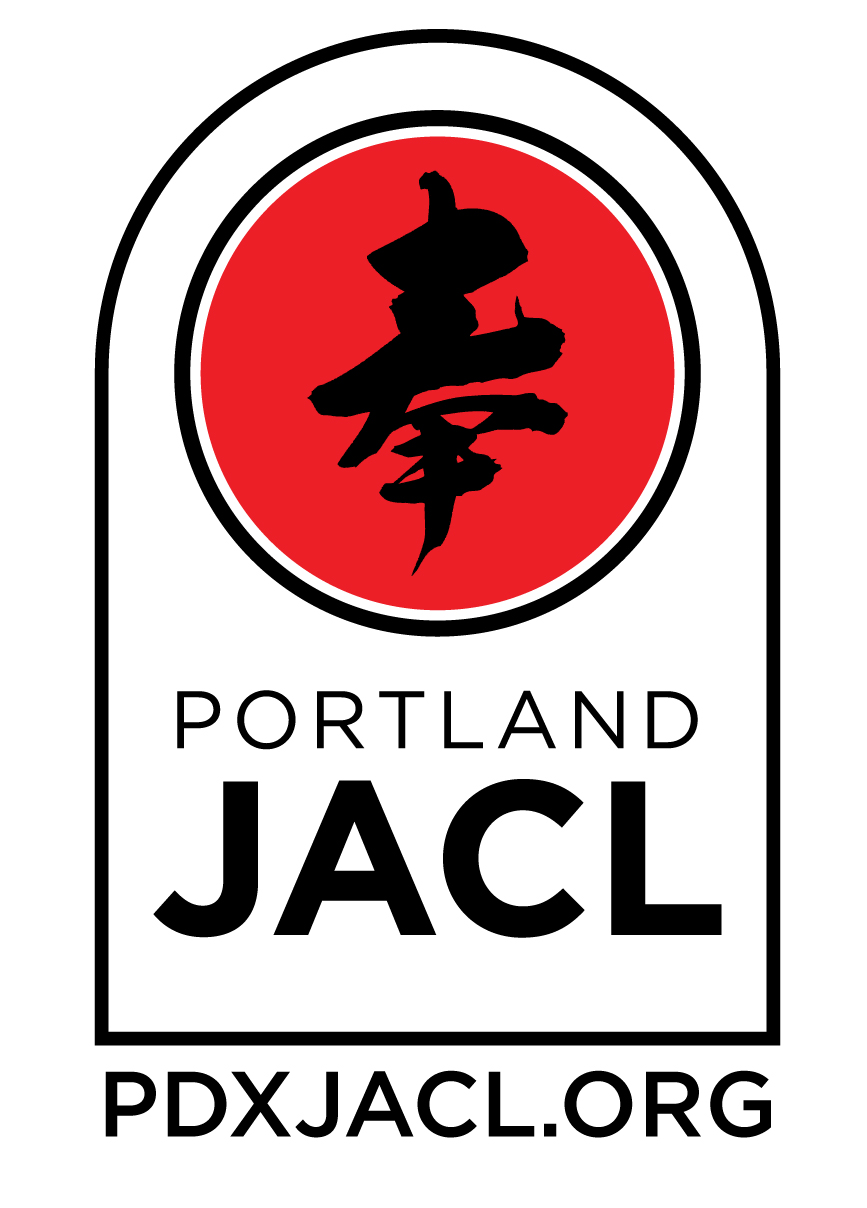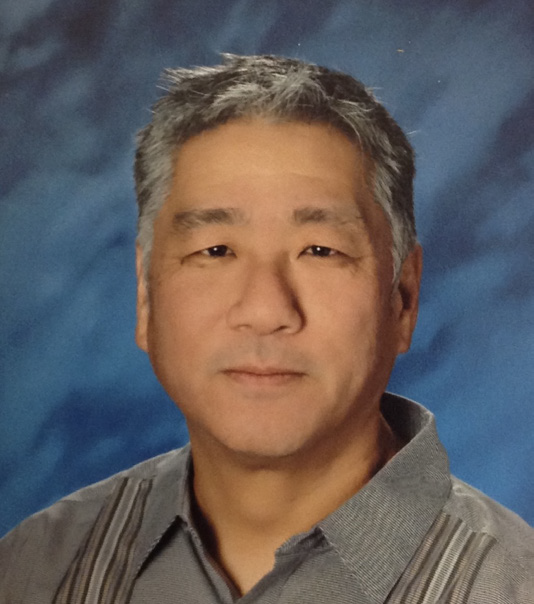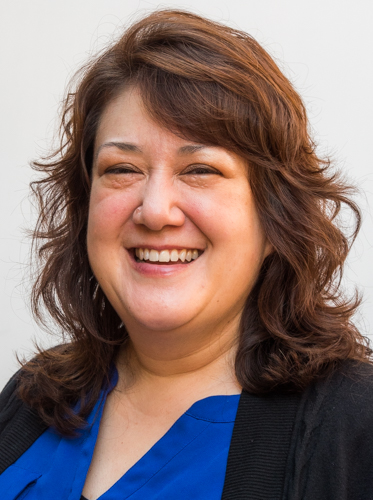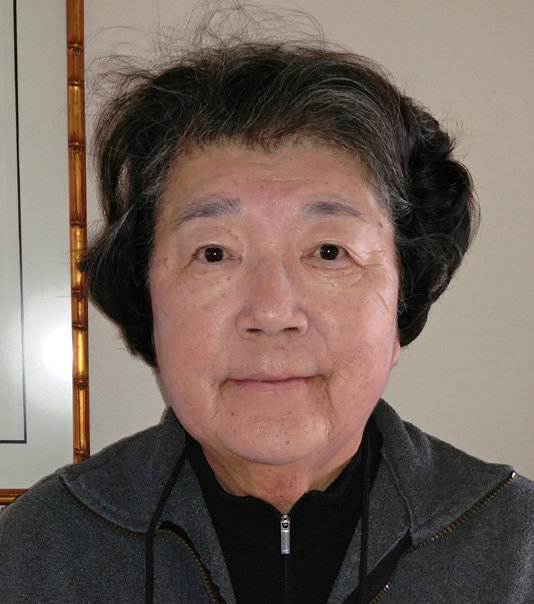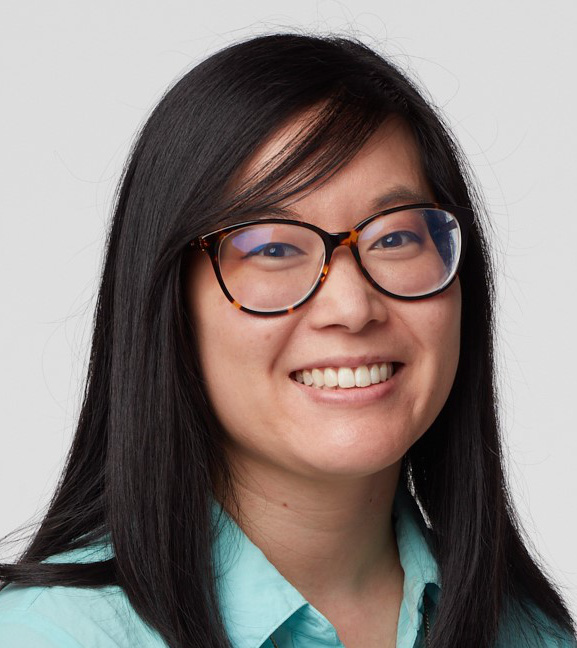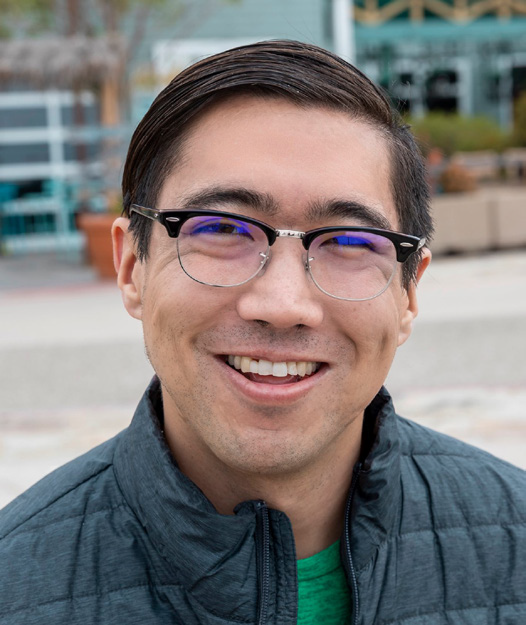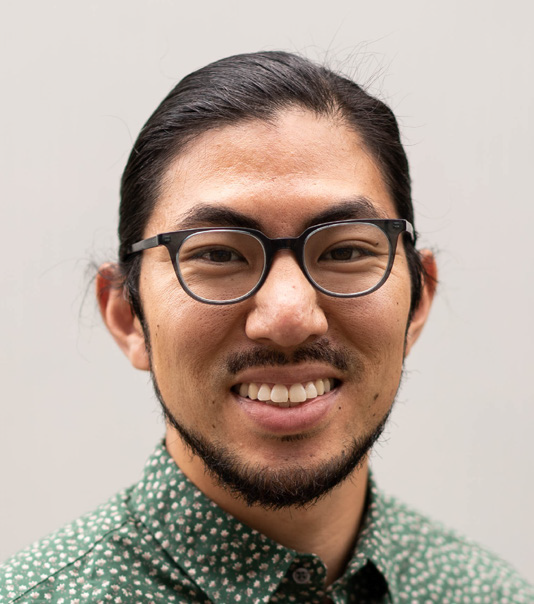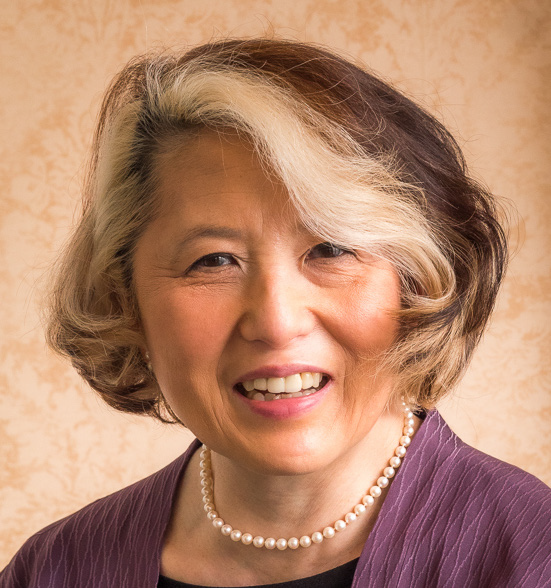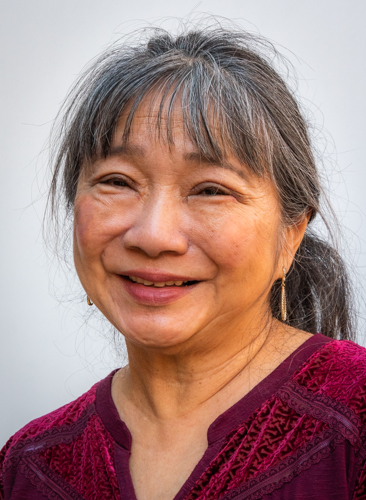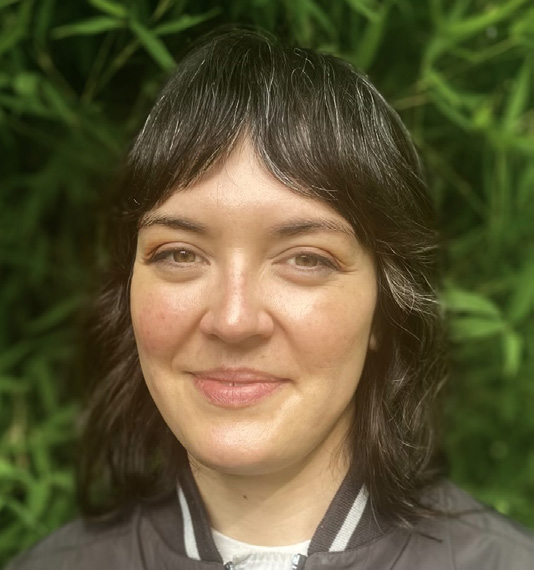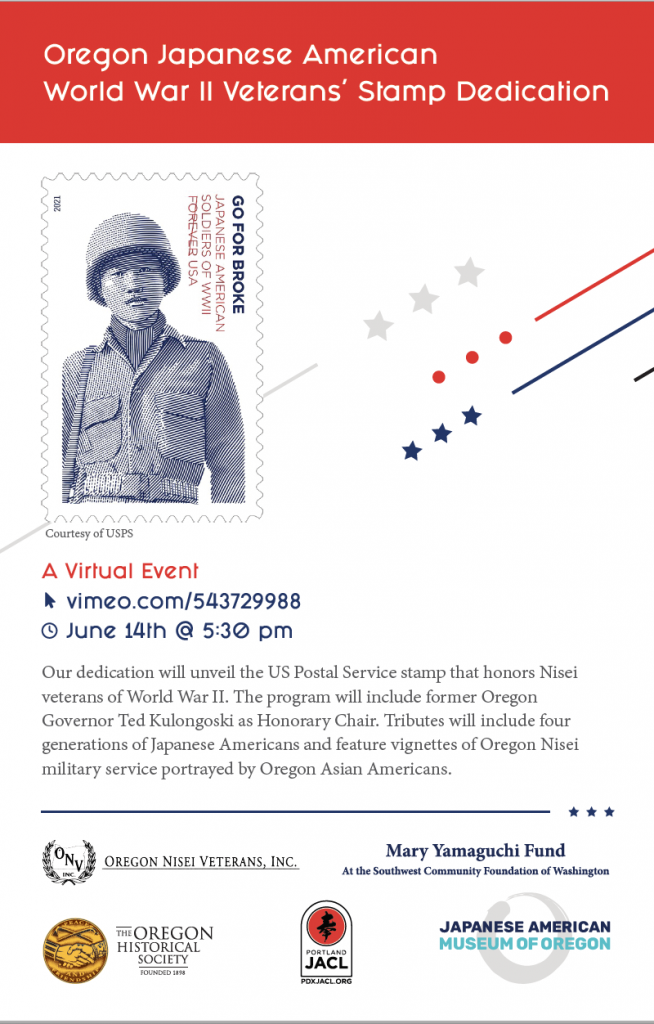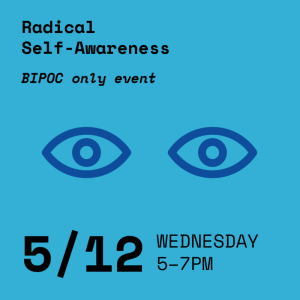September 23, 2021
For Immediate Release
Matthew Weisbly, Education & Communications Coordinator, mweisbly@jacl.org
Sarah Baker, VP Public Affairs, sbaker@jacl.org
The JACL stands with Haitian refugees seeking asylum in America and is appalled by the blatantly inhumane immigration policies being conducted by the Biden administration. In the past week, we have witnessed images of the mistreatment of Haitian refugees and inhumane conditions in Del Rio. Many Haitian refugees are seeking asylum from the turmoil in their country after a massive earthquake and tropical storm struck Haiti in August 2021, and the assassination of their president in July 2021. This earthquake itself left over 2,200 Haitians dead and over 12,000 injured. Now, instead of a humane approach towards these refugees and their families suffering, we instead see CBP agents on horseback running after Haitian refugees.
This shocking imagery is unfortunately just a small part of a much larger and disturbing trend of mistreatment of immigrants by the Biden administration. Despite campaign promises that the new administration?s immigration policy would have humane guiding principles, Haitian immigrants and their families continue to be deported in massive plane flights at alarming rates. The Administration is sending planes full of families to Haiti under Section 42, including children under the age of three, without offering them legal protections and the opportunity to file for asylum. The JACL calls on the Biden administration to end these inhumane practices and to stop abusing the emergency powers granted by Section 42. Our communities have seen how hostility and violence towards immigrants and their descendants are often paired with the abuse of emergency powers granted to government officials in times of crisis, and we can not stand by while it happens again.
JACL Executive Director David Inoue stated, ?The frightful images of border patrol agents on horseback hunting down Haitian migrants are not what I would expect from our country. They are unfortunately indicative of how the administration continues to reject and expel those seeking escape from the political, earthquake, and tropical storm inflicted upheaval that the Haitian people have been experiencing. The government continues to use the inappropriate application of a so-called public health emergency under Section 42 to expel Haitians much like false security threats were used to incarcerate Japanese Americans during WWII. It is long past time to end these racist and exclusionary immigration policies.?
